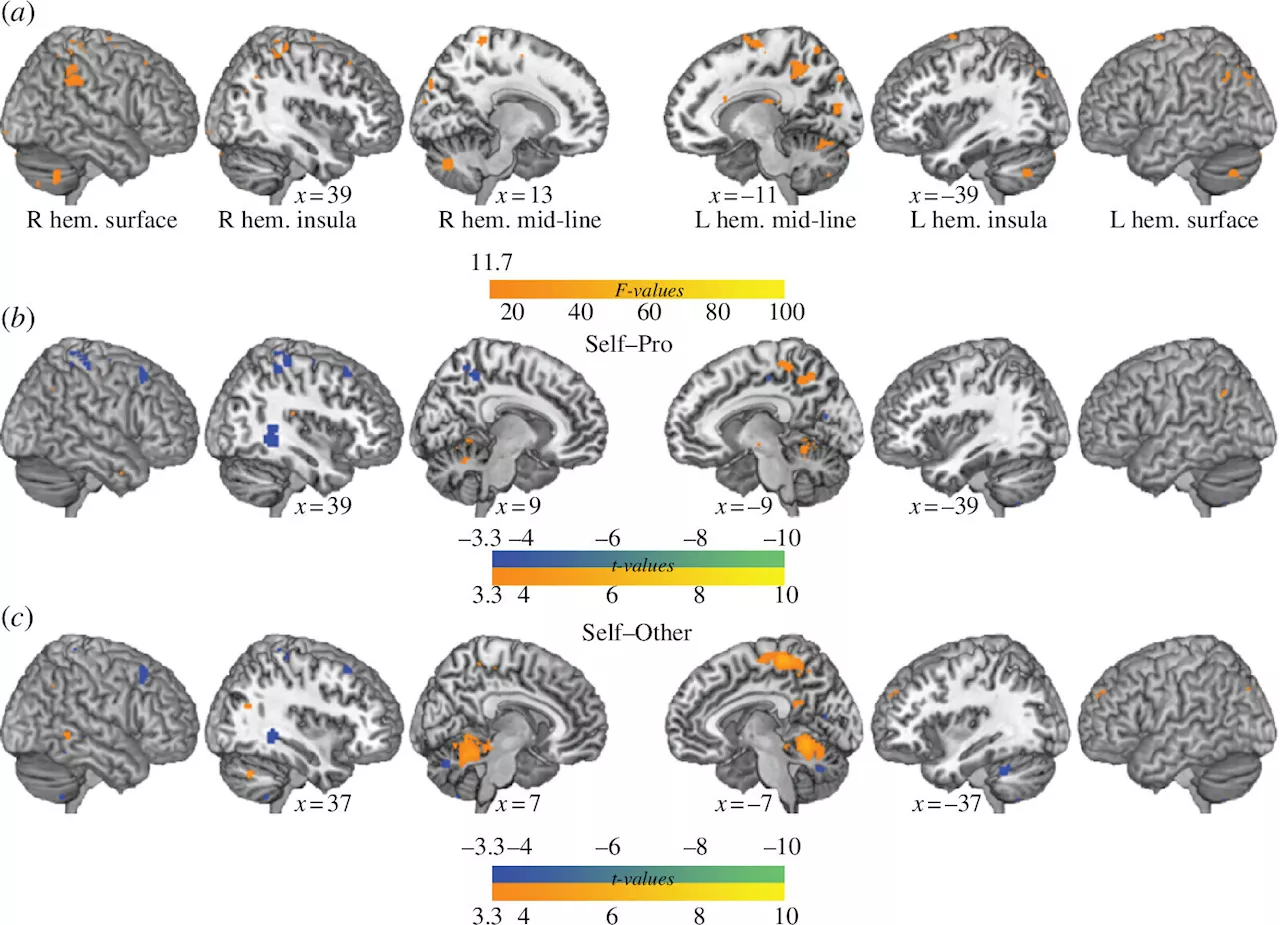Offering patients with concussion a type of brain scan known as diffusion tensor imaging MRI could help identify the one in three people who will experience persistent symptoms that can be life changing, say Cambridge researchers.
University of CambridgeAug 8 2024
However, CT scans identify abnormalities in fewer than one in 10 patients with concussion, yet 30-40% of patients discharged from the Emergency Department following a scan experience significant symptoms that can last for years and be potentially life-changing. These include severe fatigue, poor memory, headaches, and mental health issues .
In a study published today in eClinicalMedicine, Dr. Newcombe and colleagues show that an advanced form of MRI known as diffusion tensor imaging can substantially improve existing prognostic models for patients with concussion who have been given a normal CT brain. The team assigned DTI scores to the 153 patients who had received a DTI scan. This significantly improved the accuracy of the prognosis – whereas the current clinical model would correctly predict in 69 cases out of 100 that a patient would have a poorer outcome, DTI increased this to 82 cases out of 100.
Bleeding Blood Brain CT Head Injury Hospital Imaging Medicine Research Traumatic Brain Injury
Singapore Latest News, Singapore Headlines
Similar News:You can also read news stories similar to this one that we have collected from other news sources.
 Advanced MRI scans help identify one in three concussion patients with 'hidden disease'Offering patients with concussion a type of brain scan known as diffusion tensor imaging MRI could help identify the one in three people who will experience persistent symptoms that can be life-changing, say Cambridge researchers.
Advanced MRI scans help identify one in three concussion patients with 'hidden disease'Offering patients with concussion a type of brain scan known as diffusion tensor imaging MRI could help identify the one in three people who will experience persistent symptoms that can be life-changing, say Cambridge researchers.
Read more »
 Groundbreaking method developed for analyzing heart MRI scans with AIResearchers have developed a groundbreaking method for analyzing heart MRI scans with the help of artificial intelligence, which could save valuable NHS time and resources, as well as improve care for patients.
Groundbreaking method developed for analyzing heart MRI scans with AIResearchers have developed a groundbreaking method for analyzing heart MRI scans with the help of artificial intelligence, which could save valuable NHS time and resources, as well as improve care for patients.
Read more »
 Researchers use MRI scans and karaoke to better understand the nature of blushingA small team of psychologists and neurologists from the University of Amsterdam, in the Netherlands, and D'Annunzio University of Chieti–Pescara, in Italy, has found that blushing may be more related to an increase in emotional awareness and what a person is doing, rather than feelings of judgment by others.
Researchers use MRI scans and karaoke to better understand the nature of blushingA small team of psychologists and neurologists from the University of Amsterdam, in the Netherlands, and D'Annunzio University of Chieti–Pescara, in Italy, has found that blushing may be more related to an increase in emotional awareness and what a person is doing, rather than feelings of judgment by others.
Read more »
 MRI scans can predict aggressiveness in intermediate-risk prostate cancerNew Corewell Health™ research suggests an MRI scan can help predict whether patients with intermediate-risk prostate cancer (cancer confined to the entire prostate) may have more aggressive cancer in five years.
MRI scans can predict aggressiveness in intermediate-risk prostate cancerNew Corewell Health™ research suggests an MRI scan can help predict whether patients with intermediate-risk prostate cancer (cancer confined to the entire prostate) may have more aggressive cancer in five years.
Read more »
 AI model matches radiologists in detecting clinically significant prostate cancer on MRIA deep learning model performs at the level of an abdominal radiologist in the detection of clinically significant prostate cancer on MRI, according to a study published today in Radiology, a journal of the Radiological Society of North America (RSNA).
AI model matches radiologists in detecting clinically significant prostate cancer on MRIA deep learning model performs at the level of an abdominal radiologist in the detection of clinically significant prostate cancer on MRI, according to a study published today in Radiology, a journal of the Radiological Society of North America (RSNA).
Read more »
 Study suggests an MRI may help doctors predict more aggressive prostate cancer in patientsNew Corewell Health research suggests an MRI scan can help predict whether patients with intermediate-risk prostate cancer (cancer confined to the entire prostate) may have more aggressive cancer in five years. Knowing this could potentially help doctors determine if treatment is needed up front vs.
Study suggests an MRI may help doctors predict more aggressive prostate cancer in patientsNew Corewell Health research suggests an MRI scan can help predict whether patients with intermediate-risk prostate cancer (cancer confined to the entire prostate) may have more aggressive cancer in five years. Knowing this could potentially help doctors determine if treatment is needed up front vs.
Read more »
